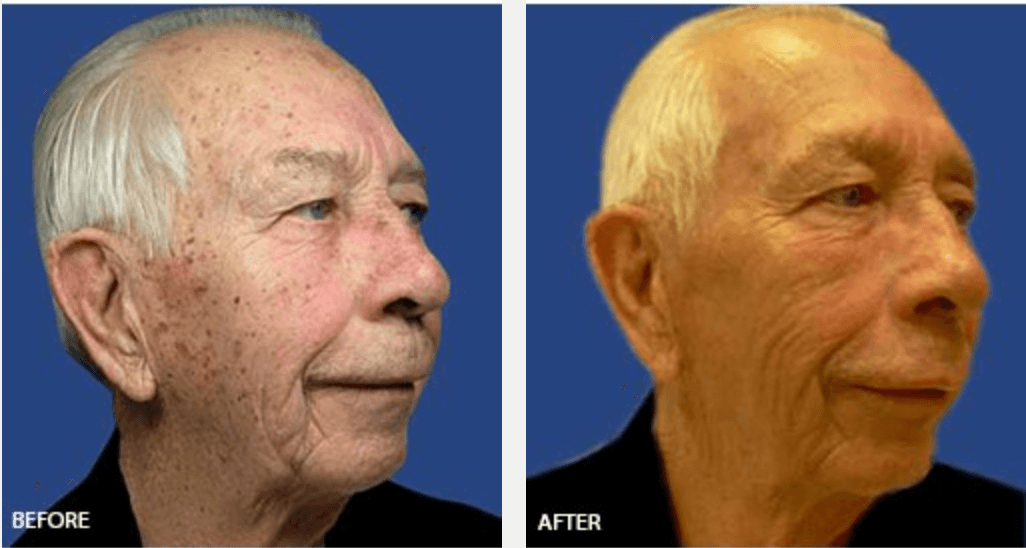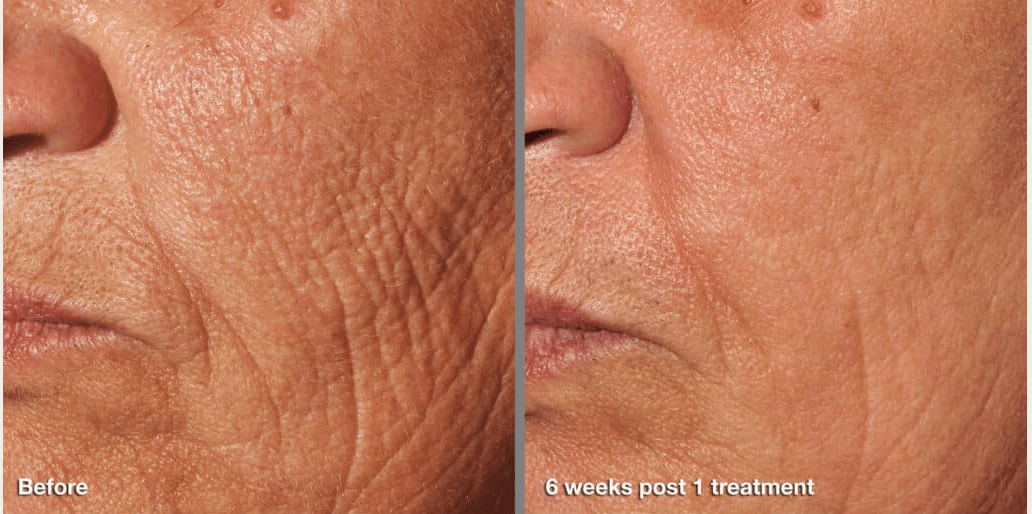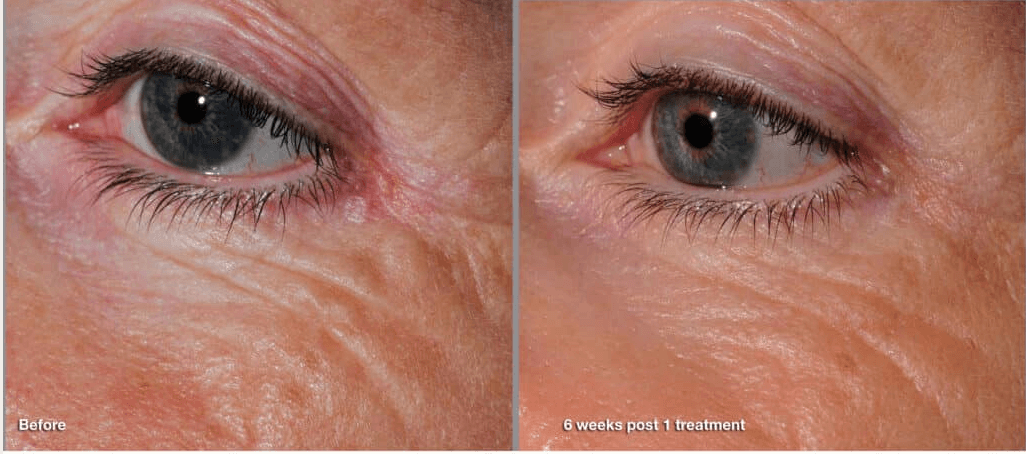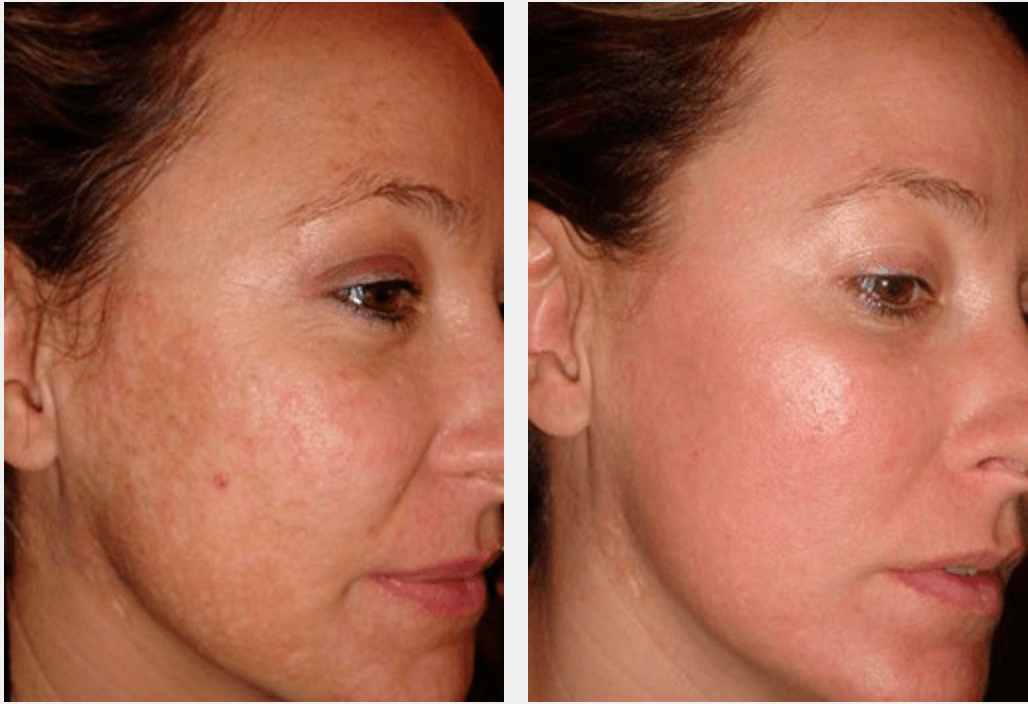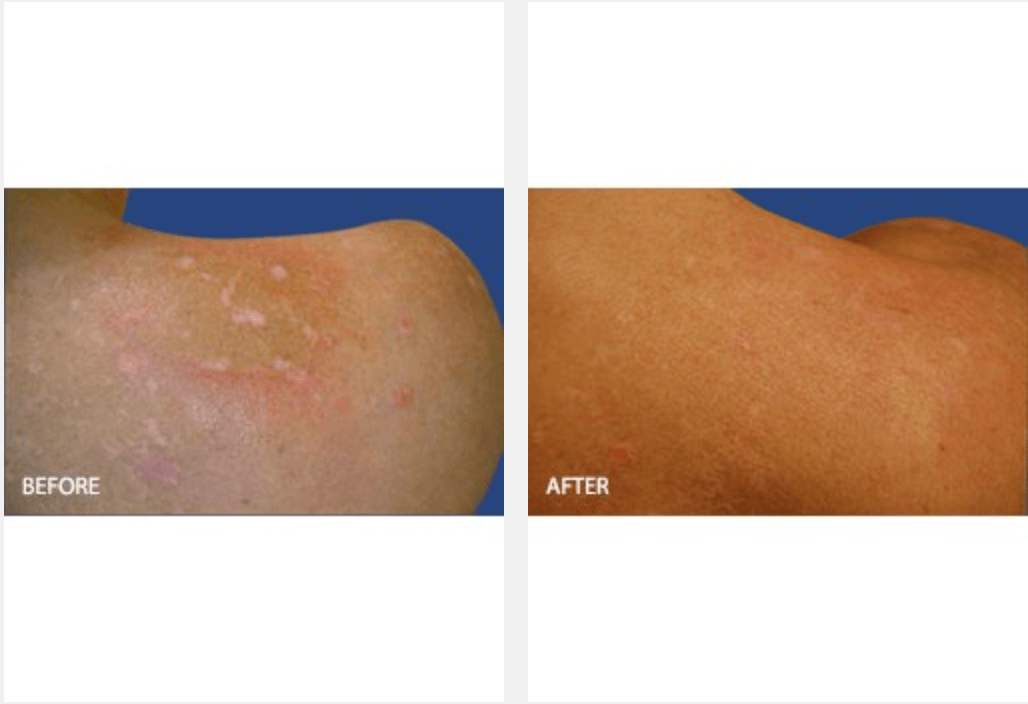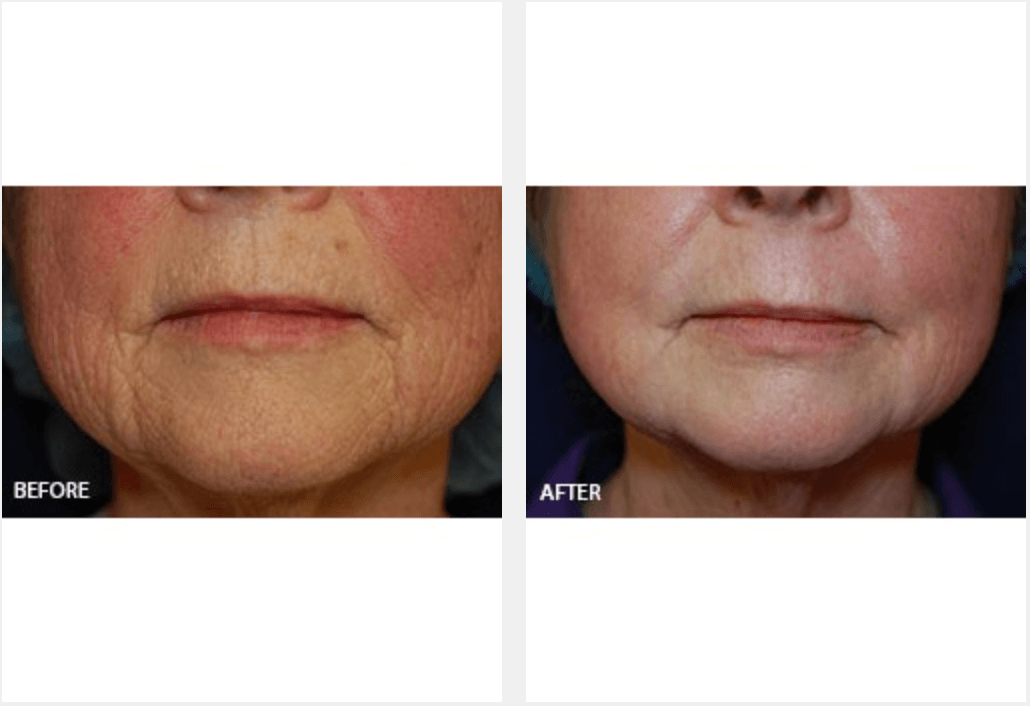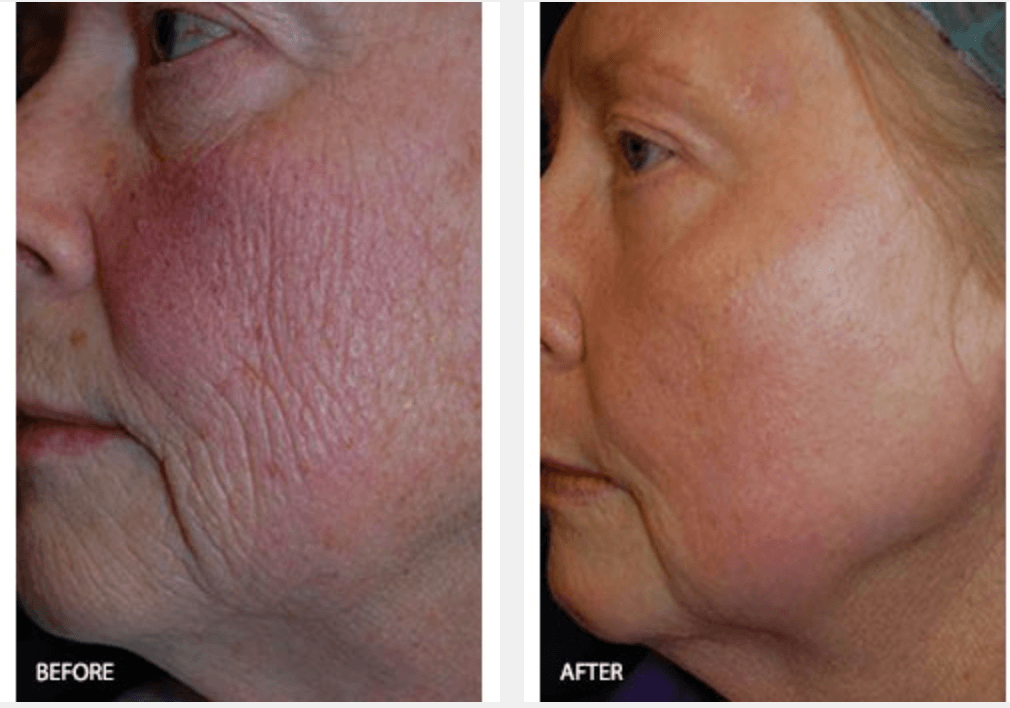Vein Care
Frontier Dermatology’s Vein Care Center, located at our flagship location in Salem, where our fellowship-trained, board - certified vascular and endovascular surgeons work alongside other specialist healthcare professionals to address a range of vein-related conditions. Led by the esteemed Dr. Rick Pittman, widely regarded as one of the Pacific Northwest’s top minds in the treatment of venous disease, the Salem Vein Center provides comprehensive care that addresses both cosmetic concerns and the underlying health issues related to your veins.
Vericose Veins:
- Vericose veins are enlarged, twisted, and dilated veins that can be seen just below the skin surface of the legs and feet.
Spider Veins:
- Spider veins are small, damaged blood vessels that occur just beneath the skin's surface. Spider veins are most frequent on the legs and face (also called Facial Veins) but can develop elsewhere on the body.
Reticular Veins:
- Reticular veins (sometimes called Feeder Veins) are veins visible beneath the skin that do not usually protrude. These veins feed spider veins and usually have a connection to the deep venous system.
Our Vein Care Center offers a range of advanced techniques and treatment options to effectively alleviate discomfort, improve circulation, and enhance the appearance of your skin. These include:
Endovenous Ablation
This minimally invasive procedure utilizes laser or radiofrequency energy to close off problematic veins, redirecting blood flow to healthier veins.
Sclerotherapy
Sclerotherapy is a relatively simple spider vein treatment and reticular vein removal procedure using tiny needles to inject a sclerosing solution into the problem veins, causing them to collapse and fade. Not only will the leg's appearance improve dramatically, but the bothersome symptoms associated with spider veins will also significantly improve, including burning, aching, swelling, and night cramps. Sclerosing agents that are used for reticular and spider vein removal are mild enough to allow predictable and relatively painless treatment
Ultrasound-Guided Foam Sclerotherapy.
This technique combines ultrasound imaging with sclerotherapy, allowing for precise and targeted treatment of deeper veins.
Microphlebectomy
Also known as ambulatory phlebectomy, this procedure involves removing small vericose veins through tiny incisions, resulting in minimal scarring and improved aesthetics.
What You Should Know
We're committed to assisting you with any inquiries you may have. Should your questions extend beyond the information provided in our FAQ section, please don't hesitate to reach out to our office.
What are varicose veins, and how are they different from spider veins?
Varicose veins are enlarged, twisted veins that often appear just below the surface of the skin, typically in the legs and feet. They can cause discomfort and swelling. Spider veins, on the other hand, are smaller, damaged blood vessels that appear closer to the skin’s surface and are usually found on the legs and face. Spider veins are more cosmetic in nature, whereas varicose veins can lead to more serious symptoms.
What are reticular veins, and how are they treated?
Reticular veins, sometimes called feeder veins, are visible veins beneath the skin that do not typically protrude. These veins feed into spider veins and are connected to the deeper venous system. Treatments like sclerotherapy or endovenous ablation are effective in closing off reticular veins to reduce their appearance and prevent further complications.
What is sclerotherapy, and is it painful?
Sclerotherapy is a minimally invasive procedure where a sclerosing solution is injected into problem veins, causing them to collapse and fade. This treatment is relatively painless, with mild discomfort during the procedure. It is particularly effective for treating spider veins and reticular veins, and also helps alleviate associated symptoms like aching and swelling.
How long does it take to recover from vein treatments like Endovenous Ablation and Microphlebectomy?
Most patients experience a quick recovery with minimal downtime. After endovenous ablation, you may be advised to wear compression stockings and return to normal activities within a day or two. Microphlebectomy may cause slight bruising, but scarring is minimal, and you can typically resume daily activities within a week.
Do I need a referral to be seen?
No, you do not need a referral to be seen for an initial consultation. However, we always recommend contacting your insurance carrier to confirm if we are contracted with your insurance. Some of the vein procedures we offer may be considered cosmetic, which could result in an out-of-pocket cost for treatment. During a consultation, we can evaluate your specific case and provide more details.

